The launch of Samsung's 2017 flagship Galaxy S8 isn't causing any apparent concern among Apple's investors, who collectively pushed the company's stock even further upward today despite the announcements— and the continuous run up in Apple stock that has occurred since the iPhone maker last released earnings in January.
Hot growth in Apple's Services are not being effectively copied
Apple closed up today at $144.12— $1008.84 per share in pre-split figures— after leaping more than 2 percent yesterday. Analysts continue to point to the company's growing installed base of satisfied users, who are supporting a rapid expansion of Apps Store purchases and Apple Music and iCloud subscriptions— part of a collection of Services income that nobody else in the smartphone industry has come close to duplicating.
Google's large base of Android users are split among its own Google Play store and the competing (often carrier-run) app markets in China and other regions. Even with downloads about twice that of Apple's iOS App Store, Google Play still pulls in about half as much revenue, due to the far less valuable demographic of its Android users, most of whom don't want to pay for software and games.
Samsung trails even Google in services-related revenues and makes far less than Apple in hardware sales— despite building much of its own smartphone components internally (notably including its own displays, memory and Application Processors).
That's prompted Samsung to focus harder on developing more of its own reoccurring revenue sources the way Apple has. However, Samsung's ill-fated Milk music service and its anemic efforts at building third party support for its various Galaxy-centric initiatives (including the Gear smartwatch, KNOX, ARTIK IoT and Smart Home) have made very little real impact on the markets they targeted.
Samsung has even failed to match Apple in sales of tablet hardware, let alone in inspiring any significant tablet-optimized apps for its Galaxy Tab lineup.
Samsung gives Galaxy S8 a $150 premium markup
Samsung showed off a series of anticipated enhancements today, including new high-end smartphones with even larger, higher-resolution displays fitted into a case with a smaller bezel, along with a dock that aspires to turn Android into a conventional desktop PC.
The new phones (an S8 and S8 Plus, now following Apple's naming convention for two sizes) also introduce Samsung's acquisition of Viv, a voice assistant created by some of the same people who originally developed Siri. Now named Bixby, the service gives Samsung an opportunity to compete with Google's own Assistant, although it's still not yet ready for public use.
The new Galaxy models were unveiled two weeks later in the year than Samsung's event for 2016's S7 and S7 Edge. The new S8 phones are also priced significantly higher than last year's S7 generation: they start at $750 and $850, versus the S7's debut price of about $600 and $700. While not directly comparable in specifications or screen sizes, Apple's iPhone 7 and 7 Plus lineup starts at $650 and $770.
Samsung salving its singed sales
The ultra-premium prices indicate that Samsung's S8 launch appears to be aimed at rebuilding the firm's flagging and smoke-damaged reputation as an innovator. The majority of Samsung's customers don't buy its most premium models, unlike the iOS world where the newest generation of iPhones are consistently the biggest seller.
Samsung has been working to create reasons for its users to upgrade to more expensive, higher end phones. Most notably, that includes its Gear VR initiative, which attempted to justify the use of ultra high-resolution screens that otherwise add little apparent benefit while negatively impacting graphics performance by imposing a much greater workload for the graphics engine.
However, Gear VR not only failed to enrapture the attention of the general market, but also pinned much of its success upon Samsung's larger Note 7, which literally imploded into flames last fall and took down Gear VR with it.
Samsung suffered a self-inflicted humiliation by rushing its fire-prone Galaxy Note 7 to market ahead of Apple's iPhone 7 last fall. It then failed to recall faulty models, then resumed sales of the phones after it assured users they were safe, only to be again hit by a series of fires related to poorly tested and incorrectly designed batteries.
That dustup was enough to drop Samsung's total sales of U.S. phones— most of which were lower-end, basic smartphones— below Apple's sales of premium iPhone models in the final quarter of 2016.
And while pundits predicted that Samsung's brand imbroglio wouldn't have any noticeable impact on its brand or the buying habits of the company's current users, it's hard to explain why anyone who finds Android acceptable would volunteer to immediately pay $150 more to buy another product from a company that sells phones— and washing machines— famous for erupting into flames, when there are so many Android alternatives that cost far less.
Samsung also faces some the same issues Apple does: the premium market for smartphones has stopped growing rapidly; a variety of companies in China (now the world's largest market) are dumping low priced phones into the domestic market; and weaker currencies in China, U.K., the E.U. and elsewhere are making imports more expensive to buyers in those markets.
The Next iPhone
Apple's iPhone 7 introduced a series of practical innovations last year, including a telephoto camera featuring optical zoom and Portrait effects; expansive stereo sound and a Wide Color display with calibrated color support across apps; a radically faster A10 Fusion Application Processor and ultra speedy PCIe/NVMe storage.
It also integrated support for a variety of ecosystem platform exclusives including HomeKit, HealthKit, Siri and iMessage Apps— as well as hardware tie-ins with two devices that (unlike Gear VR) were actually very popular: Apple Watch and AirPods. Apple also matched Samsung's once-exclusive marketing point of water resistance, without repeatedly failing tests.
That sets up the expectation that this year's new iPhone will progress along similar lines, with the advantage of having far deeper integration between its hardware and software teams. Apple's advanced camera logic built into its A-series Application Processors is expected to be expanded beyond Portrait effects to take advantage of new 3D camera sensors for Augmented Reality features and new capture effects.
At the same time, Apple's new Clips app (along with iMovie for iOS) takes masterful advantage of high-end, built-in camera hardware to make videos, movies and social media clips effortless to create.
Apart from its advantages in integration, Apple also benefits from enormous economies of scale. Pundits remain entranced by the fact that Samsung sells around 80 million smartphones every quarter, but fail to take into consideration that those units are divided into fractions of different hardware models.
Apple sells tens of millions of its newest model alone, enabling it to rapidly introduce expensive technologies (such as Touch ID, the custom A10 Fusion and NVMe memory controllers) in volumes that quickly pay for their development. By raising its premium prices dramatically, Samsung is signaling that it's creating a showboat rather than a flagship
By raising its premium prices dramatically, Samsung is signaling that it's creating a showboat rather than a flagship, much like Google's Pixel, Microsoft's very large Windows Phone Lumias, BlackBerry's Porsche Design mode, or the forthcoming high-end Android phone from Andy Rubin's Essential project. Without Apple's volumes, those expensive phones can only attempt to attract a tiny segment of early adopters, and can never be profitable.
On the other side, Apple's high-volume, middle-grade competition in China is producing huge volumes of phones for the emerging middle class in China, India and elsewhere. Those volume leaders are also making very little in profits, calling into question how they will ever sustain real competition for Apple.
Some, including Xiaomi, hoped to earn money on services after giving away phones. That hasn't occurred however.
ZTE has worked to distinguish itself by pushing sales outside of China in the U.S., Iran and North Korea, with the result of being hit by sanctions that wiped out two years of its profits.
BKK's Oppo and Vivo, by selling large numbers of entry and middle grade smartphones into second tier Chinese cities where Apple doesn't yet have an established retail presence, are actually priming a broader market for iPhones once Apple expands and introduces its premium, aspirational brand of devices to users looking to upgrade to something better. That already happened in the U.S., as waves of cheap Palm, Windows Mobile, Nokia, HTC and Motorola smartphones paved a road for Apple to rumble down and crush under its wheels.
Combined, these factors are causing investors to reconsider the sustainable growth strategy Apple is implementing. Rather than being all about one year's flashy feature set, Apple is building a base of satisfied users, continually refining its OS software and apps for them, and building an ecosystem of lucrative Services that are unmatched in the world of Android or Windows.
 Daniel Eran Dilger
Daniel Eran Dilger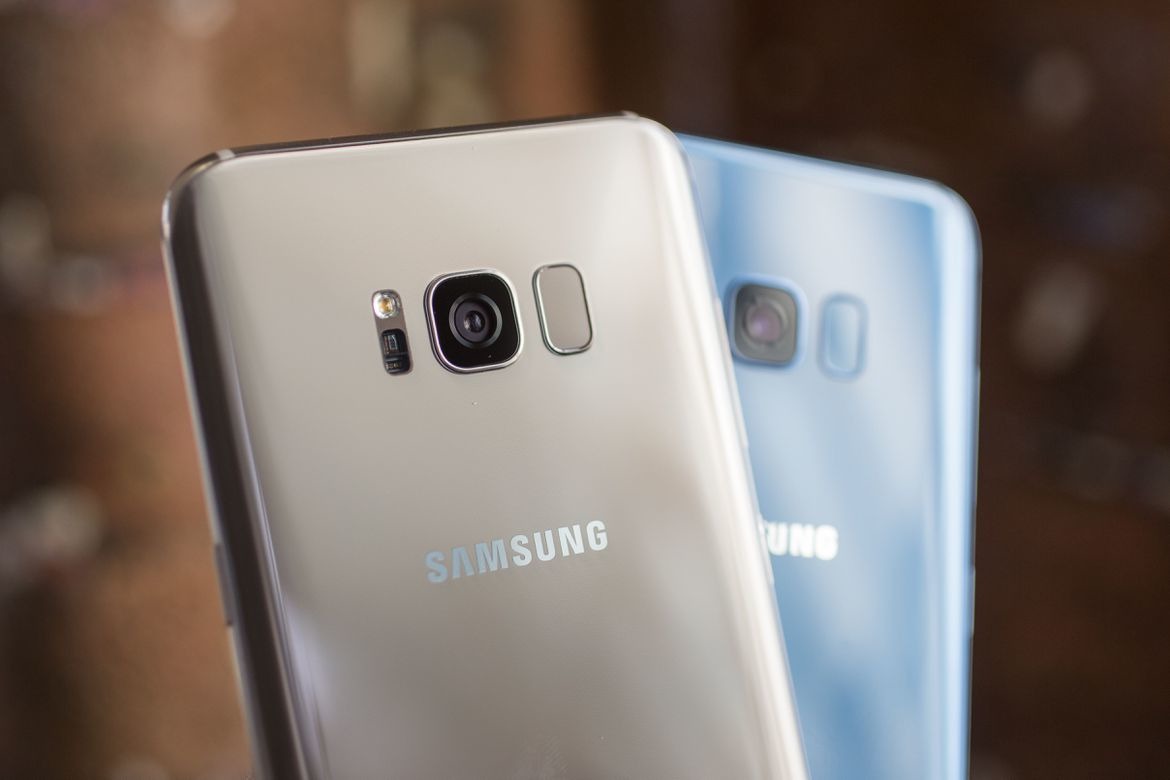
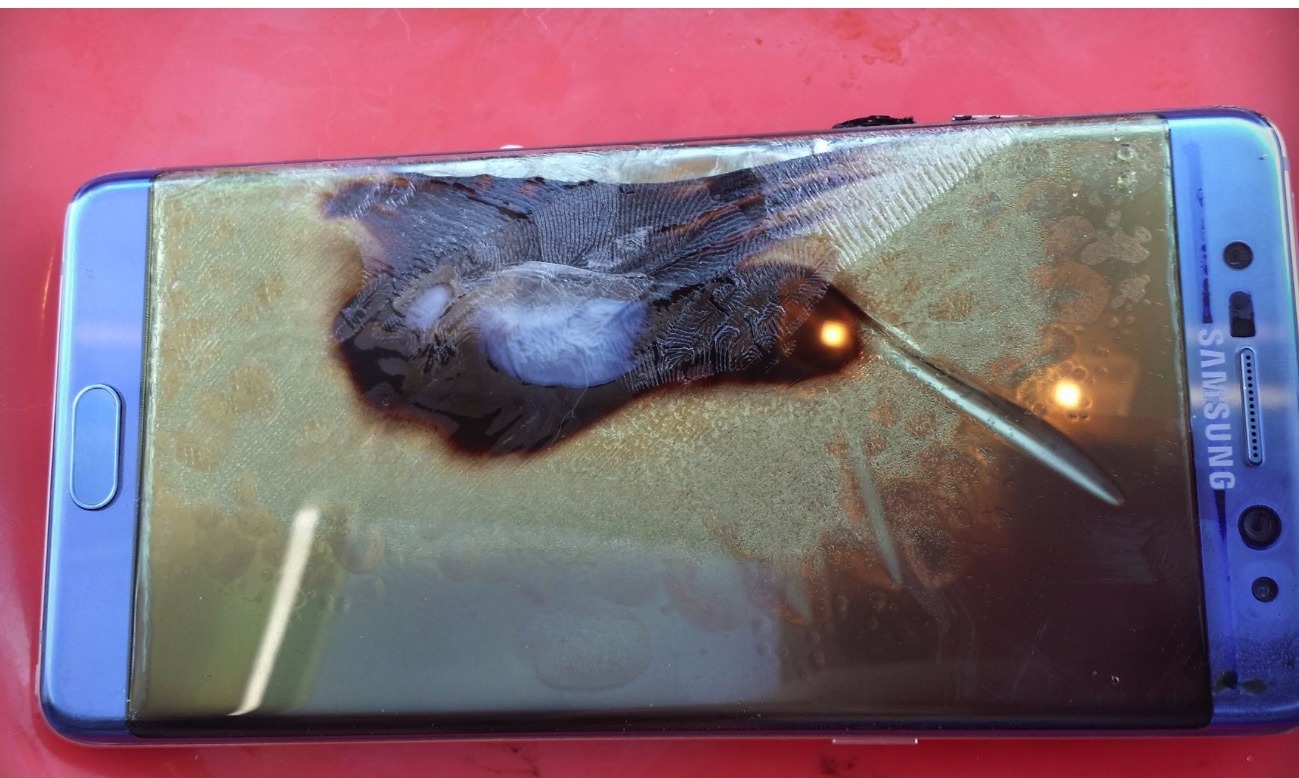
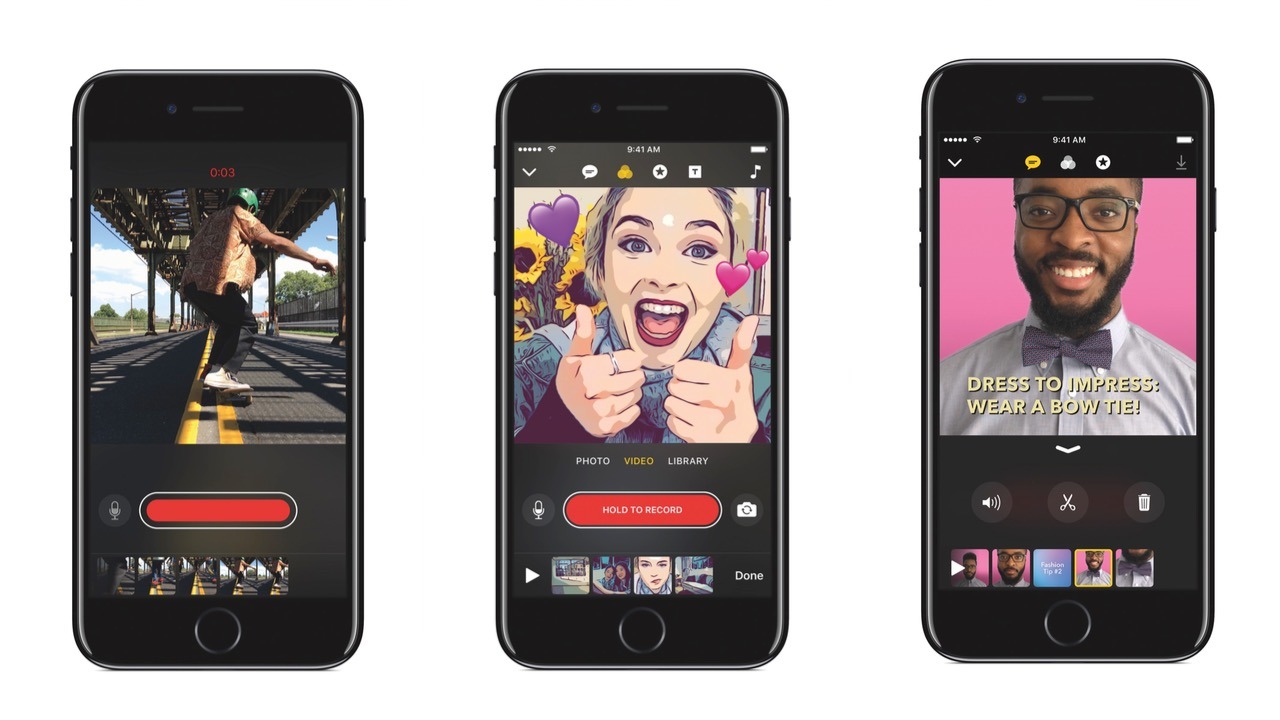

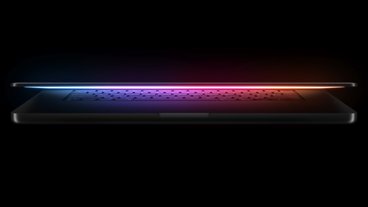


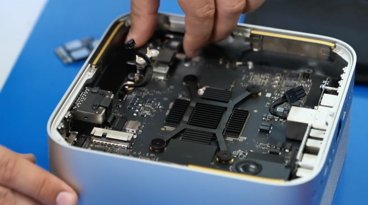








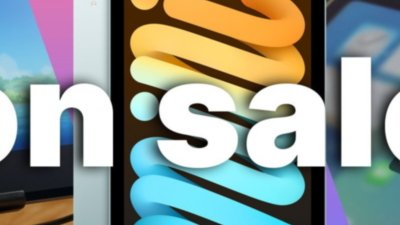
 Christine McKee
Christine McKee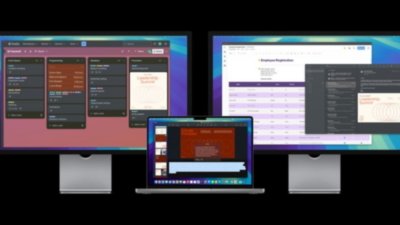
 Charles Martin
Charles Martin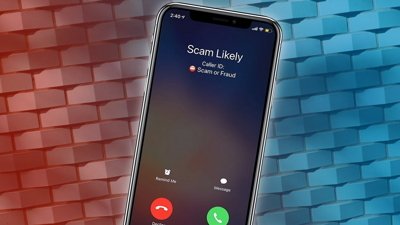

 Oliver Haslam
Oliver Haslam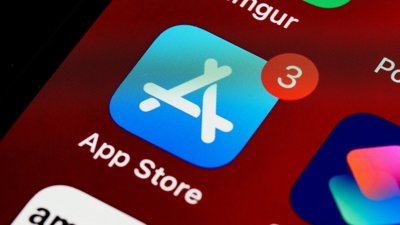
 William Gallagher
William Gallagher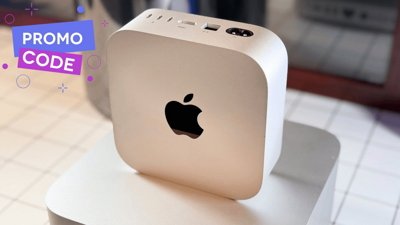

 Sponsored Content
Sponsored Content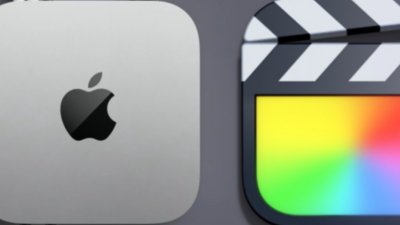

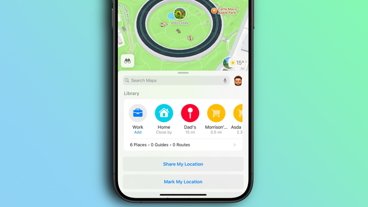
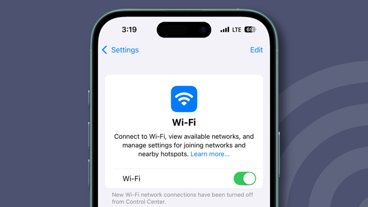






43 Comments
I'm no investor, but I noted the word "despite [Samsung's] announcements". Like, is that surprising? What would we expect -- Apple investors to panic after competitors announce an expected annual product? like, "ZOMG! Apple is DOOMed! Sell my stock, it's all over for them now!!" Or such...?
As an Apple fan and investor I'm all for a fuzzy feel good Apple opinion piece...but when it cheerleads this hard...I kind of tune out and it loses credibility.
No wonder there is a market news today that said "
Android projected to top Apple in app revenue for first time this year"